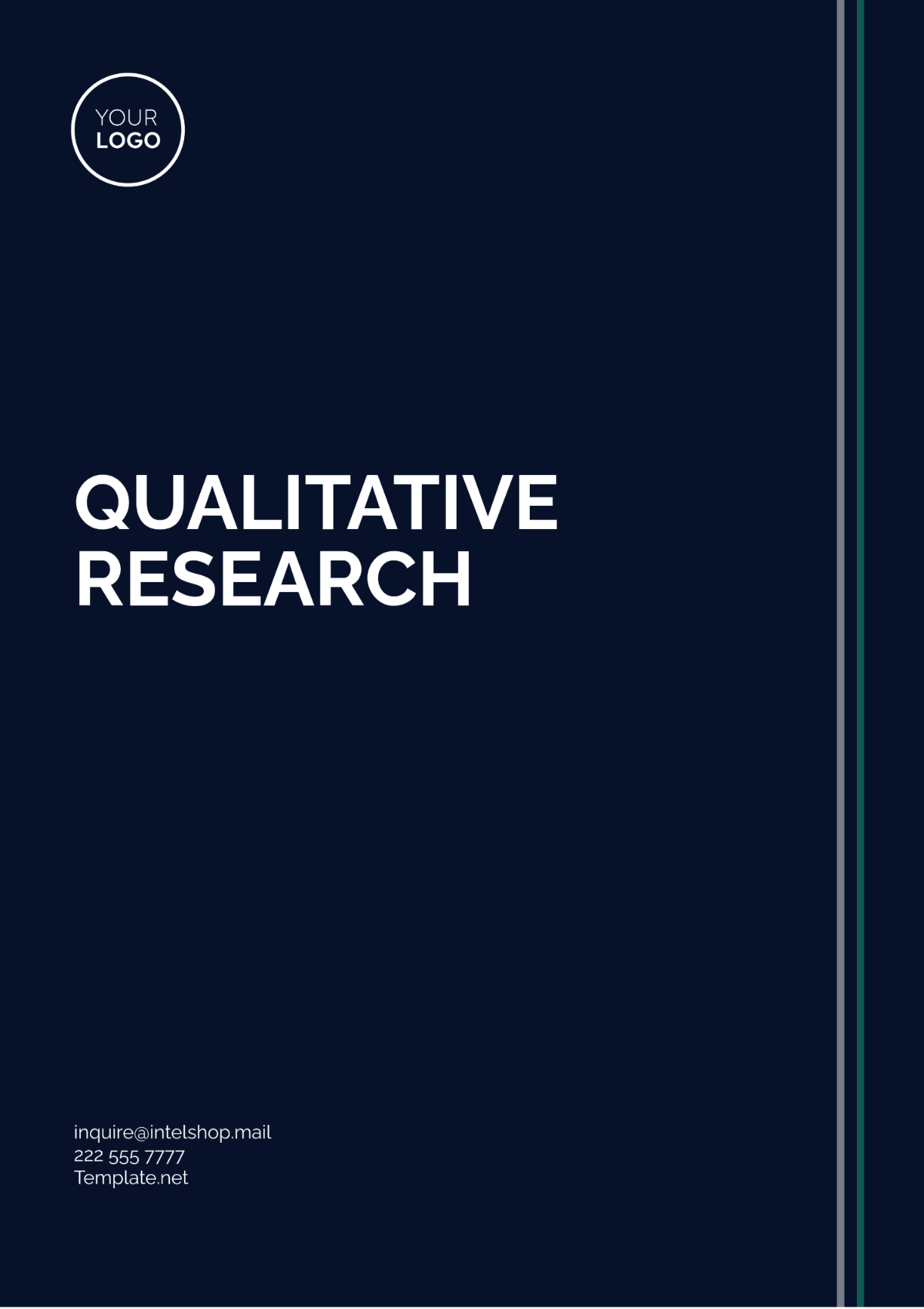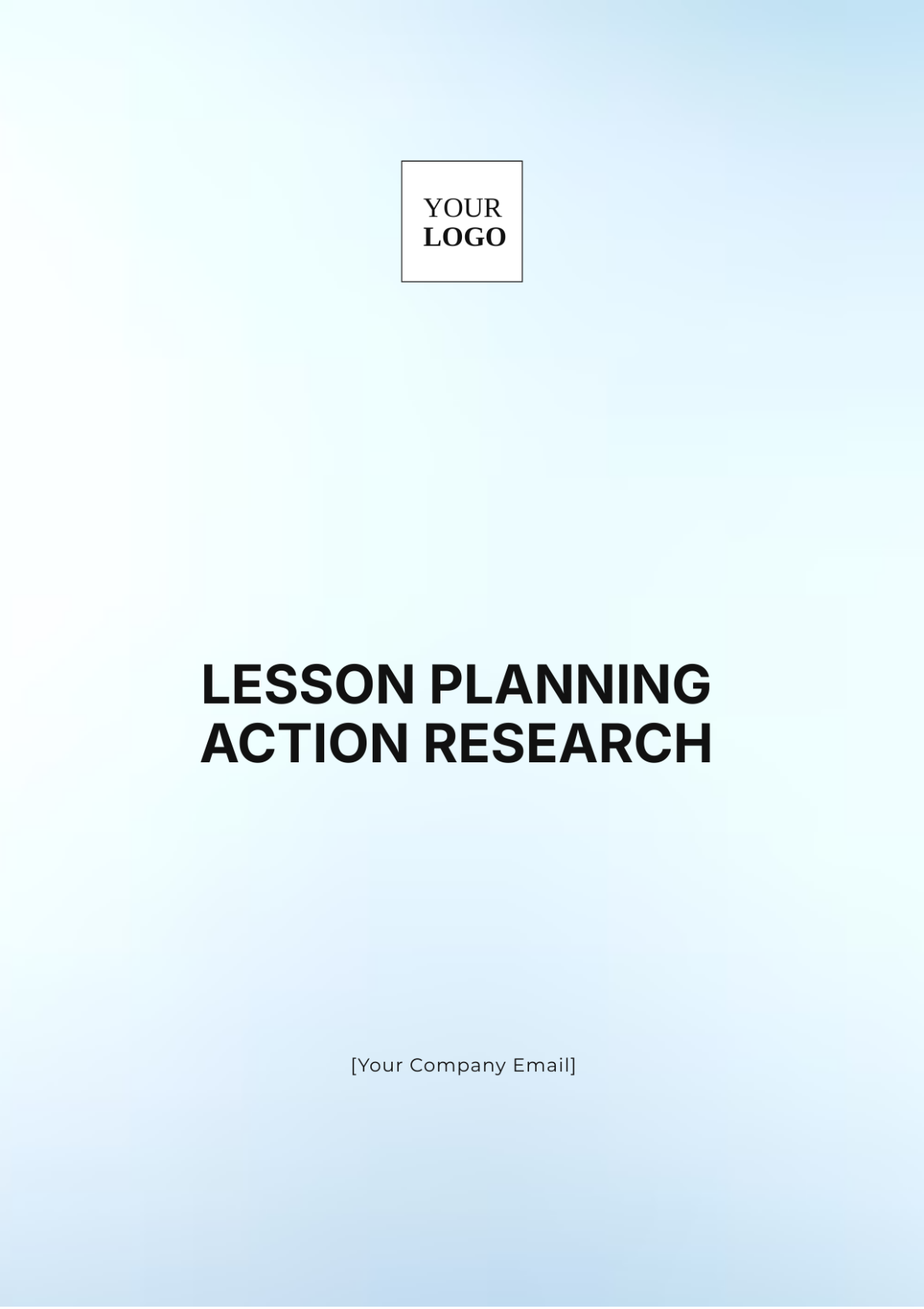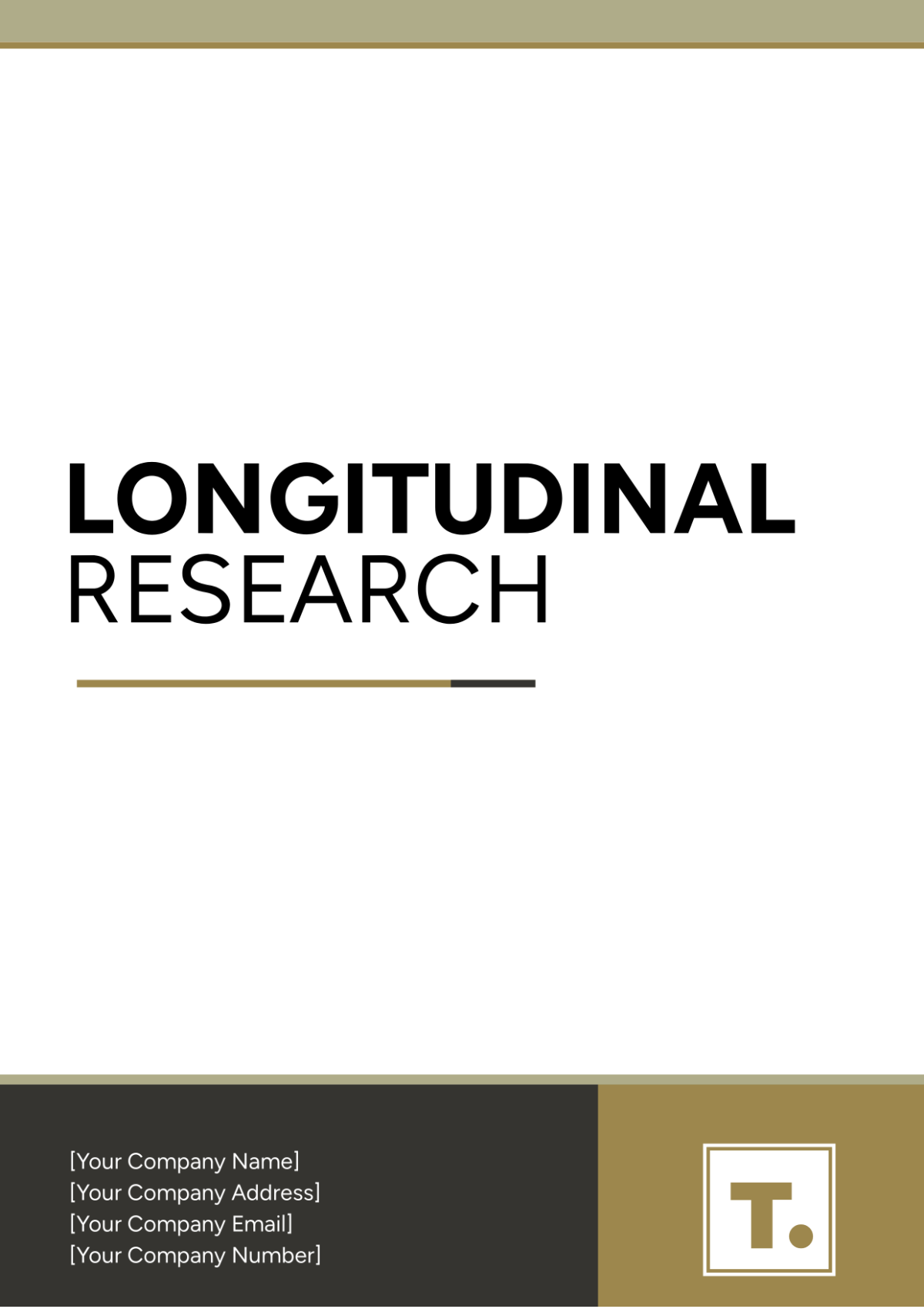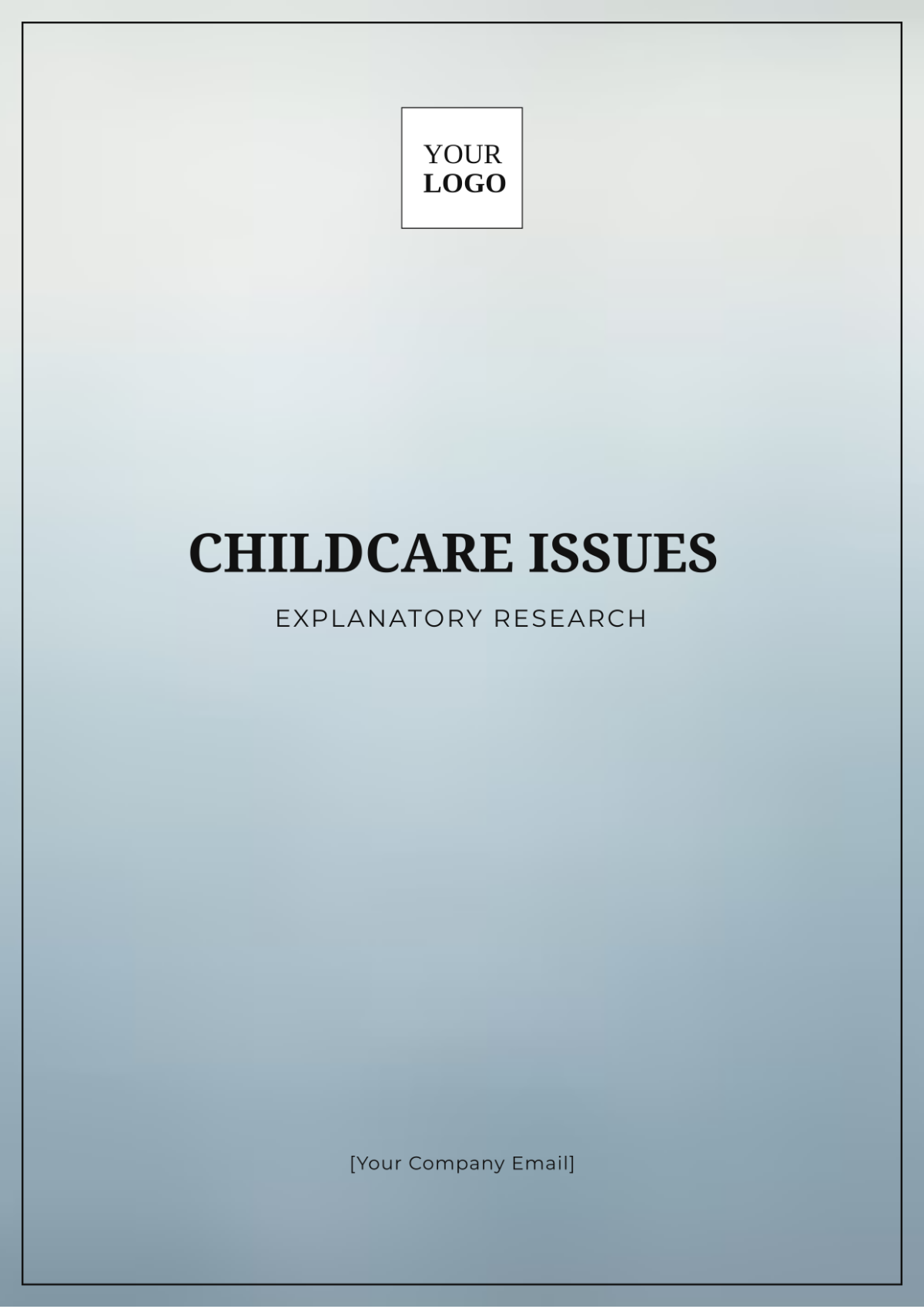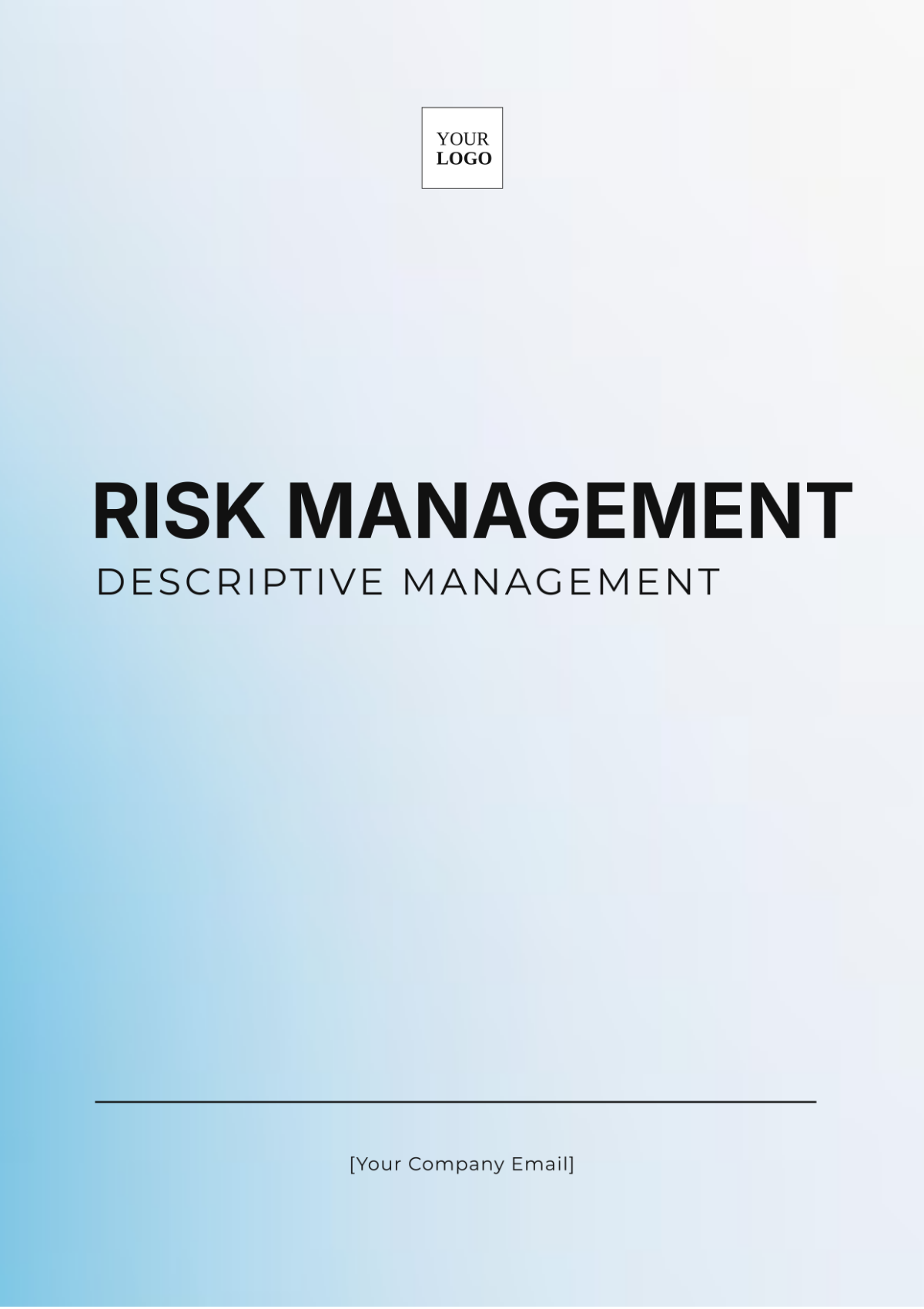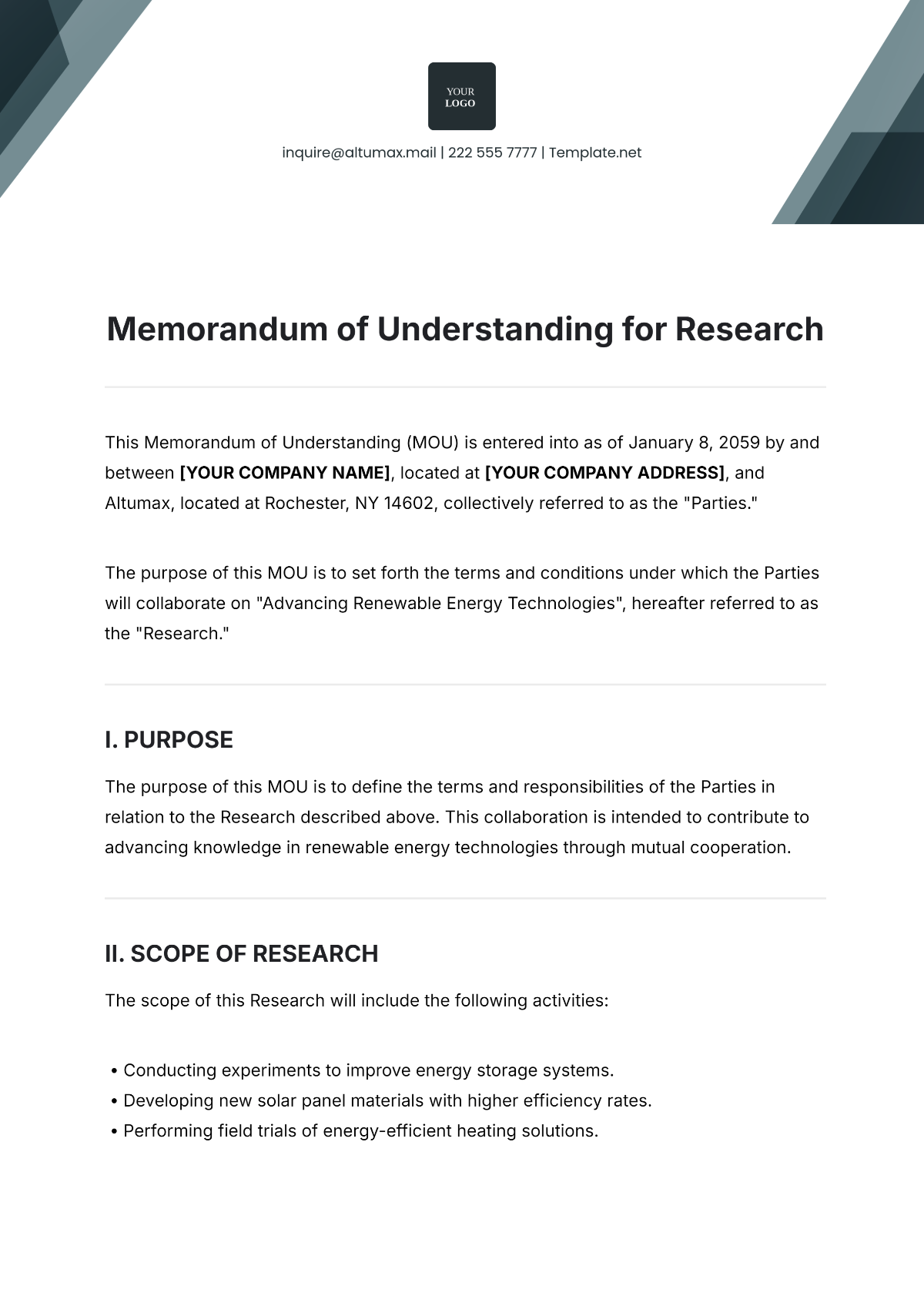Contingency Planning in Research Process
Researcher: [Your Name]
Date: [Date]
I. Introduction
Contingency planning in the research process involves devising strategies to address potential risks or unexpected events that could disrupt research activities. This plan outlines alternative actions or procedures to ensure that research can continue or adapt if issues arise, such as equipment failures, data loss, participant withdrawal, or funding cuts. The primary objective is to minimize interruptions, maintain data integrity, and ensure the successful completion of the research project, thereby safeguarding the overall quality and credibility of the research outcomes.
II. Risk Assessment
Identifying and assessing potential risks is a fundamental component of contingency planning. This involves:
Determining Possible Threats: Identifying risks that could affect various aspects of the research process.
Assessing Likelihood: Evaluating how likely these risks are to occur.
Evaluating Potential Impact: Estimating the potential consequences on the research project.
Risk | Likelihood | Impact |
|---|---|---|
Equipment Failure | Moderate | High |
Data Loss | Low | Critical |
Participant Withdrawal | High | Moderate |
Funding Cuts | Low | High |
III. Impact Analysis
Once risks are identified, their potential impact is analyzed to understand how they could affect the research project. This includes:
Quantifying Potential Damage: Estimating how risks could disrupt the research timeline.
Assessing Financial Implications: Analyzing the financial costs associated with each risk.
Evaluating Data Integrity: Determining how risks might affect the accuracy and validity of research data.
Identifying Stakeholder Impact: Understanding the effect of risks on stakeholder confidence and trust.
IV. Contingency Strategies
Developing contingency strategies involves formulating specific action plans for different scenarios. Examples of such strategies include:
Backup Systems: Implementing robust backup systems for data storage to prevent data loss.
Equipment Protocols: Creating protocols for the swift replacement or repair of malfunctioning equipment.
Alternative Recruitment: Establishing alternative strategies for recruiting participants to mitigate withdrawal issues.
Secondary Funding: Identifying potential secondary funding sources to address funding cuts.
V. Roles and Responsibilities
Clearly defining roles and responsibilities ensures effective execution of the contingency plan. This includes:
Assigning Roles: Designating team members for risk monitoring and response.
Coordinator Designation: Appointing an overall contingency plan coordinator.
Team Briefing: Ensuring all team members are informed of their specific duties in the event of a contingency.
VI. Communication Plan
Effective communication is crucial in managing contingencies. The communication plan should:
Outline Communication Channels: Specify the channels of communication (email, phone, meetings) to be used.
Specify Information Flow: Detail the flow of information, including who informs whom.
Detail Update Timing: Define the timing and frequency of updates to stakeholders.
Include Notification Templates: Provide templates for urgent notifications and updates.
VII. Monitoring and Review
Ongoing monitoring and periodic review of the contingency plan are essential for:
Identifying New Risks: Recognizing emerging risks and updating the plan accordingly.
Evaluating Strategy Efficacy: Assessing the effectiveness of implemented strategies.
Adjusting Protocols: Modifying roles and communication protocols as needed based on new information.
VIII. References
American Psychological Association. (2050). Publication Manual of the American Psychological Association (8th ed.). Washington, D.C.: American Psychological Association.
Smith, J. (2051). Advanced Research Project Management Strategies. New York, NY: Academic Press.
Johnson, L., & Thompson, R. (2052). Contingency Planning for Future Research Projects. Journal of Research Methodology, 30(1), 115-160.







